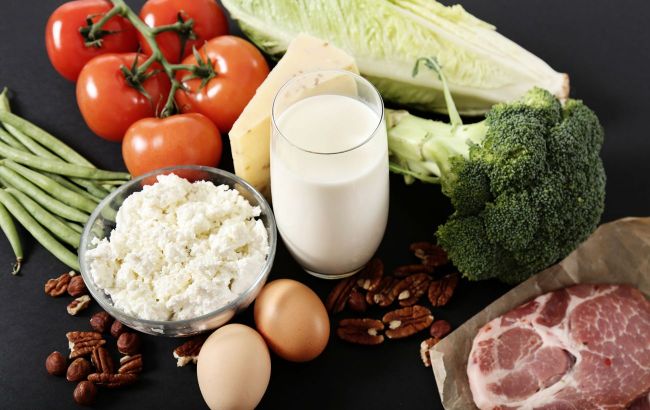Fighting cancer with these essential foods: Guide
 Illustrative photo (Photo: Freepik)
Illustrative photo (Photo: Freepik)
A new study has shown that fatty acid in beef and dairy products enhances the response of immune cells to cancer. Details of the new research are reported by RBC-Ukraine, according to an article in the journal Nature.
A recent study reveals that trans-vaccenic acid (TVA), found in dairy and pasture-fed animal meats, can enhance the ability of immune system T-cells to fight cancer. This natural trans fat, predominant in animal fats like those from cows and sheep, along with its presence in dairy products like milk and oil, increases the effectiveness of immunotherapy and could serve as a dietary supplement in cancer treatment.
University of Chicago researchers assembled a library of nutrients in the blood and screened them for substances impacting cancer development and treatment response. Within the library were 255 bioactive molecules derived from nutritional components in food. Scientists tested how these substances affected anti-tumor activity by activating effector CD8+ T-cells of the immune system, discovering that trans-vaccenic acid (TVA) was highly effective.
TVA, a natural trans-fatty acid, primarily comes from the fat of ruminant animals such as cows and sheep. It's also present in dairy products like milk and oil. The body cannot produce its own TVA, with only 20% of these fats breaking down into other byproducts while 80% circulate in the bloodstream.
Conducting various experiments on rodents, researchers found that feeding animals food enriched with TVA significantly reduced the potential growth of melanoma tumors and colon cancer cells compared to the control group.
A diet incorporating this fatty acid led to an increase in the population of T-cells in lymphocytes that infiltrate tumors. These T-cells recognize cancer cells as abnormal and infiltrate the tumor microenvironment to eliminate them. The TVA diet reduced T-cell exhaustion within tumors and enhanced cellular function.
However, this diet did not affect the population and function of CD8+ T-cells in mice without tumors, indicating TVA's impact on T-cells depending on the immune response's generation.
This material is for informational purposes only and should not be used for medical diagnosis or self-treatment. Our goal is to provide readers with accurate information about symptoms, causes, and methods of detecting diseases. RBС-Ukraine is not responsible for any diagnoses that readers may make based on materials from the resource. We do not recommend self-treatment and advise consulting a doctor in case of any health concerns.

